The real superpower of compost is that it gives life to soil. Compost is made from material that is digested by organisms and microbes that occur naturally in native soil. Worms, beetles, nematodes, and bacteria all play a role in creating compost. You can make compost using a simple recipe.
Get to know the compost ingredients
You can add almost anything that has lived to a compost pile. There are a few exceptions, though. Do not add meats, fats, or any cooked material—especially starches like potatoes, rice, and pasta. But almost all other waste from the garden or house can go into the pile, including kitchen scraps like vegetable and fruit peels and even eggshells.
The most common compost-pile additive is grass clippings. These are OK to include in the pile (as long as they are chemical-free), but remember that this is green material and very high in nitrogen. If you only use green material, or too much green material, your pile will be a wet, sludgy mess.
That’s why it’s important to include brown material in the pile as well. High in carbon, brown material includes dried leaves, garden debris, paper, egg cartons, and ripped-up cardboard. The ideal compost-pile ratio is 50% green material to 50% brown material.
Don’t forget about chopping, moisture, and oxygen
If you’re able to chop or shred your compost-pile materials before mixing them, you’ll harvest mature compost faster. Steam rising from the pile is a good sign, because it means that the soil organisms are digesting the material and producing heat in the process.
For a compost pile to work successfully, the pile can’t get too dry, so if you go without rain for several weeks, you may need to water the pile. And you’ll need to get oxygen into the pile by turning it over every three to four weeks.
Compost that isn’t fully broken down (aged) can be used as a mulch in the fall, because it will continue to break down over the winter months. However, if you want to apply your compost directly to your vegetable garden or use it in your potting soil, you’ll need to use fully aged compost. How do you know when your gardener’s gold is fully aged? Generally you’ll need to turn the pile at least twice before the product looks dark and friable.
Adding an inch or more of compost to the garden improves the soil structure and makes your garden grow.
Read more about making compost here.
Click here to watch Gardeners’ World on BritBox with a seven-day free trial.




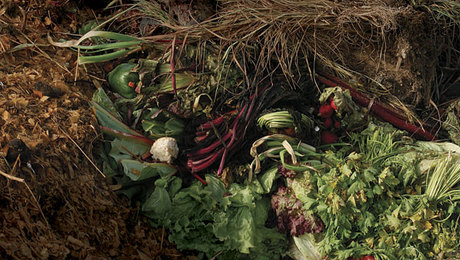
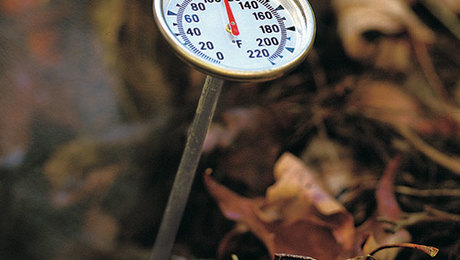
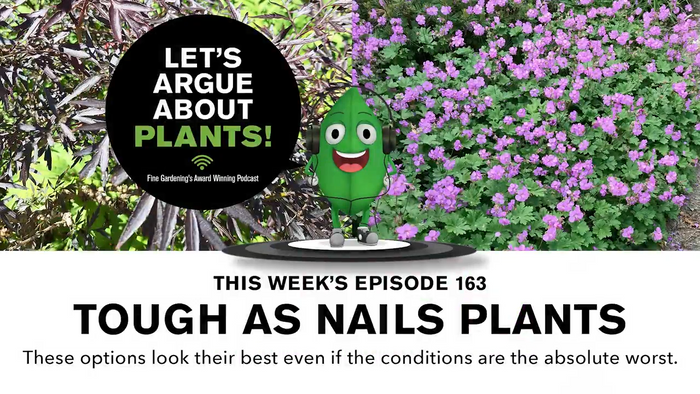
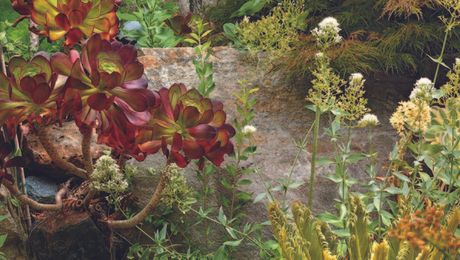
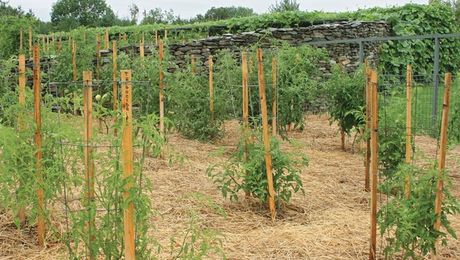









Comments
I'm glad I found this article
Log in or create an account to post a comment.
Sign up Log in